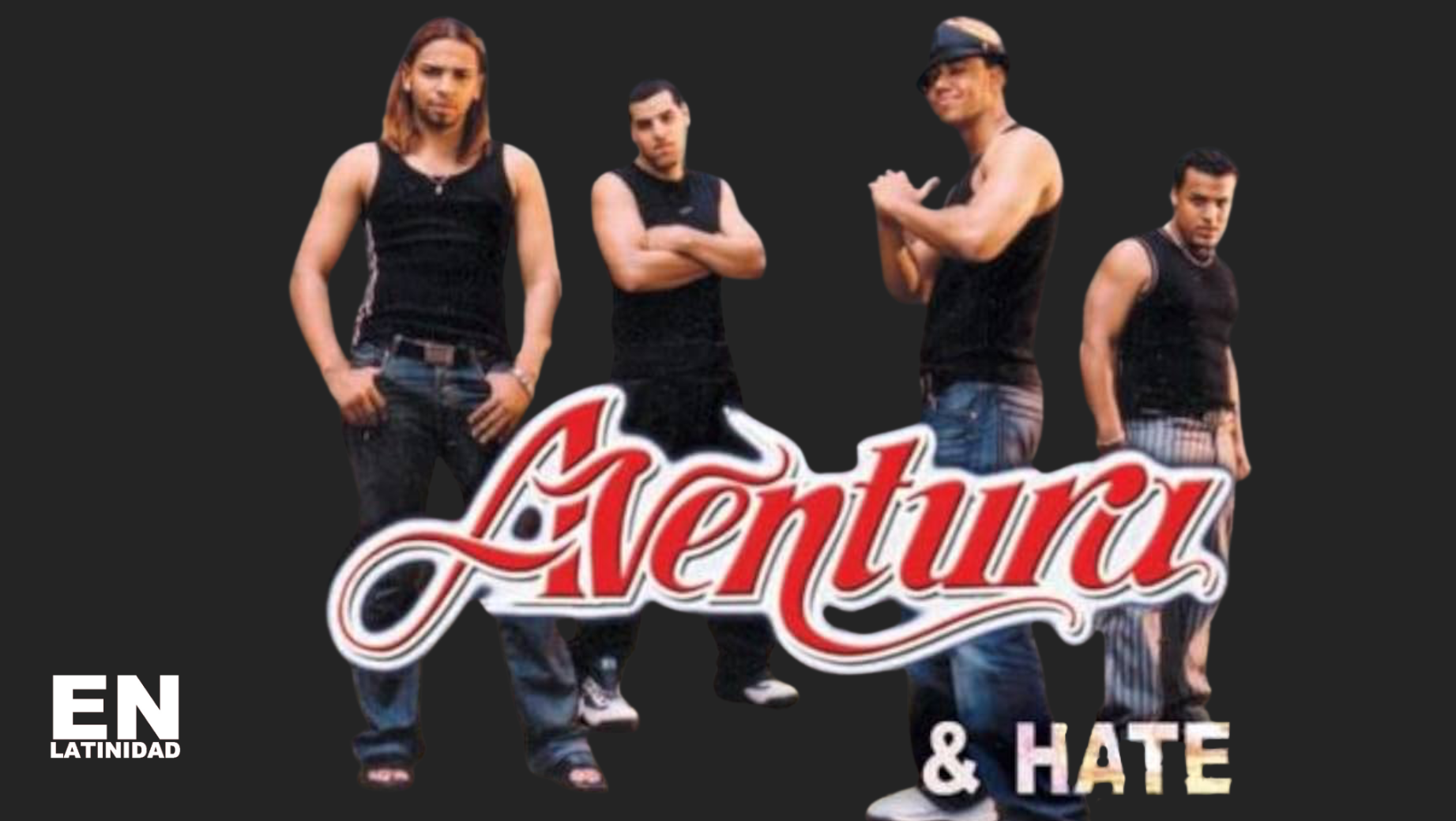Revisiting Aventura’s Love & Hate: The Groundbreaking Bachata Album American Media Overlooked
When Aventura dropped Love & Hate in 2003, American music publications—particularly those outside of Latin music media—barely blinked. That oversight feels even more glaring in hindsight, given how pivotal this album was in redefining what bachata could be, and who it could speak to. Released in the wake of their breakout success with We Broke the Rules (2002), this third studio album was a bold, bilingual, and emotionally charged continuation of their mission: to revolutionize Dominican bachata and drag it out of the countryside into the clubs, radios, and bedrooms of young Latinos across the diaspora.
Love & Hate (or Amor y Odio, as it’s alternatively titled for Spanish-language editions) was genre-bending before that became a buzzword. Aventura leaned into their signature bachata base—marked by Romeo Santos’ falsetto crooning and Lenny Santos’ melodic guitar work—but layered it with R&B runs, hip-hop skits, and Spanglish lyrics that mirrored the code-switching realities of a generation raised between bodegas and Blockbuster. Tracks like “Hermanita” tell raw stories of domestic violence through haunting storytelling, while “La Guerra” is a philosophical deep-dive about faith, religion, and survival. This wasn’t just romantic heartbreak music—it was therapy set to rhythm.
Of all the tracks on Love & Hate, “Hermanita” hit me the hardest. In an album full of romantic heartbreak and streetwise reflections, this song stood apart—not just for its subject matter, but for the sheer emotional gravity it carried. “Hermanita” tells the story of a brother confronting the man who’s been abusing his sister. It’s tragic, heartbreaking, and raw. But for me, it was also deeply moving and unexpectedly endearing—because it came from the voice of a Dominican man, a Caribbean man, speaking directly and unapologetically about domestic violence.
At the time of this album’s release, it was rare—if not unheard of—to hear men in our community, especially young Afro-Latino men, speak openly about gender-based violence, much less create music centered around it. Aventura, and Romeo specifically, chose to spotlight a painfully real issue that too many women in our community experience but are too often forced to survive in silence. Instead of glamorizing machismo, “Hermanita” flipped the script. It offered empathy. It showed accountability. It painted a picture of a man who doesn’t just love his sister, but is willing to protect her—even when it comes to confronting another man.
As a young Afro-Latina listening in the early 2000s, the song felt like a window into a conversation we weren’t having enough. It resonated with the lived experiences of so many girls growing up across the U.S.—in places like Washington Heights, the Bronx, Miami, Boston, Lawrence, Lynn, Bushwick—where we carried the trauma of what happened behind closed doors but were taught not to speak on it. And here was Romeo Santos, the voice of teenage bedrooms and quinceañeras, saying no más on our behalf.
The reach of this message—embedded in a bachata song, no less—was profound. “Hermanita” circulated in barbershops, backyard cookouts, house parties, and MP3 players, landing directly in the ears of young Afro-Latino boys and girls across the diaspora. It was more than a song. It was a seed. A call to feel something deeper. A reminder that protecting women isn’t weakness—it’s love.
And coming from Aventura, a group that already defied expectations of what Dominican music could be, it made “Hermanita” that much more powerful. It wasn’t just Romeo’s falsetto that gave the track its weight—it was the intentionality. The storytelling. The care. To this day, I return to “Hermanita” not just because it’s haunting, but because it made me feel seen in a moment when almost nothing else did.
What’s especially compelling about Love & Hate is its ambition. At 17 tracks, it feels like a manifesto more than an album. Interludes like “Don’t Waste My Time” flirt with mainstream R&B, while “Papi Dijo” tackles the specific struggle of an absent father—a narrative rarely associated with bachata at the time. Romeo’s pen, even then, was sharper than he was given credit for. His songwriting glides between drama, vulnerability, and street wisdom with a finesse that set him apart not only in Latin music, but in early 2000s pop at large.
Despite its cultural significance, Love & Hate was largely ignored by the mainstream U.S. press. That gap in coverage says more about the industry than the album itself. In 2003, Latin music visibility in American media was often confined to pop crossovers or salsa legends—leaving emerging genres like urban bachata overlooked. Aventura was speaking directly to young Afro-Latinx, Caribbean, and first-gen kids—but the gatekeepers didn’t understand the language, both literally and culturally. They missed that this was protest music, party music, and poetry all at once.
Revisiting Love & Hate today, over 20 years later, is a reminder of how far ahead of their time Aventura was. The album is messy in the best way: passionate, uneven, fearless. It paved the way for Romeo’s eventual solo superstardom and set a precedent for Latin artists refusing to choose between the streets and tradition, between English and Spanish. If We Broke the Rules cracked open the door, Love & Hate kicked it wide open—and left a Spanglish love letter in its place.
Rating: 9/10 – A bilingual classic that the mainstream missed, but the culture never forgot.





Leave a Reply
You must be logged in to post a comment.